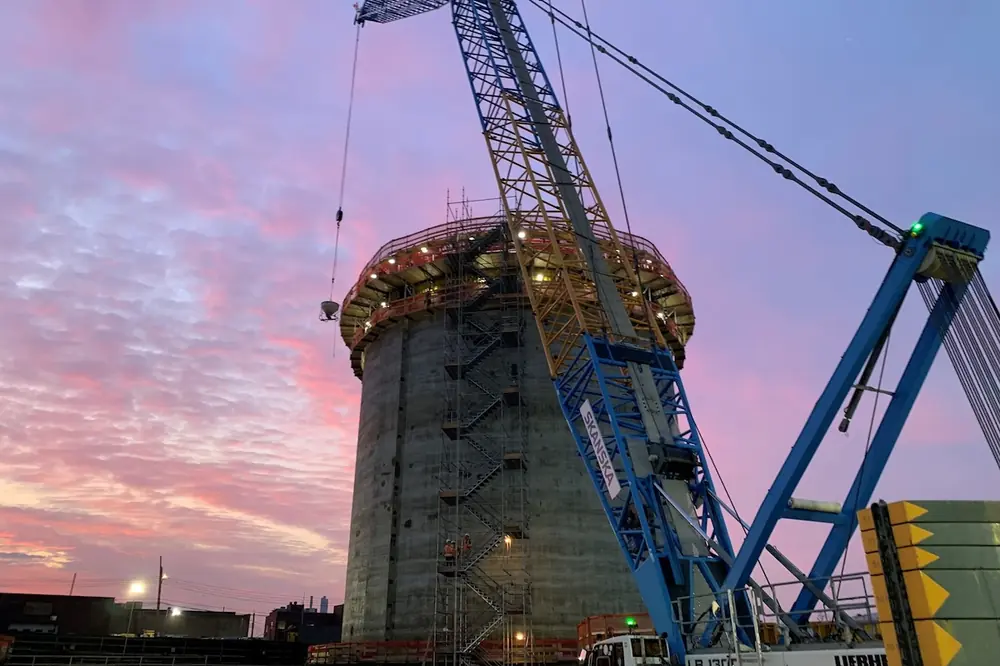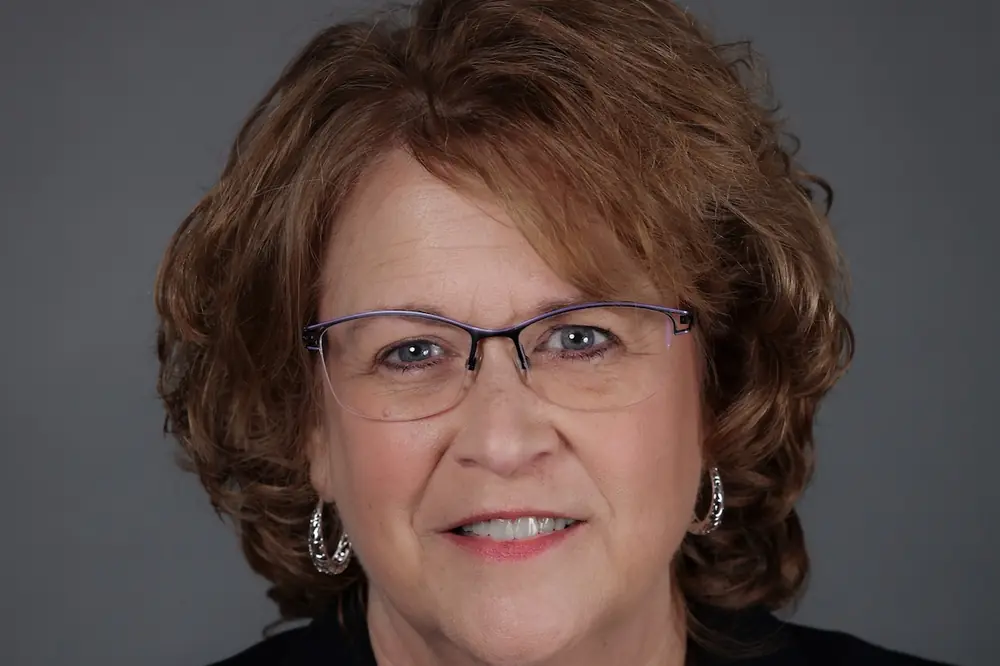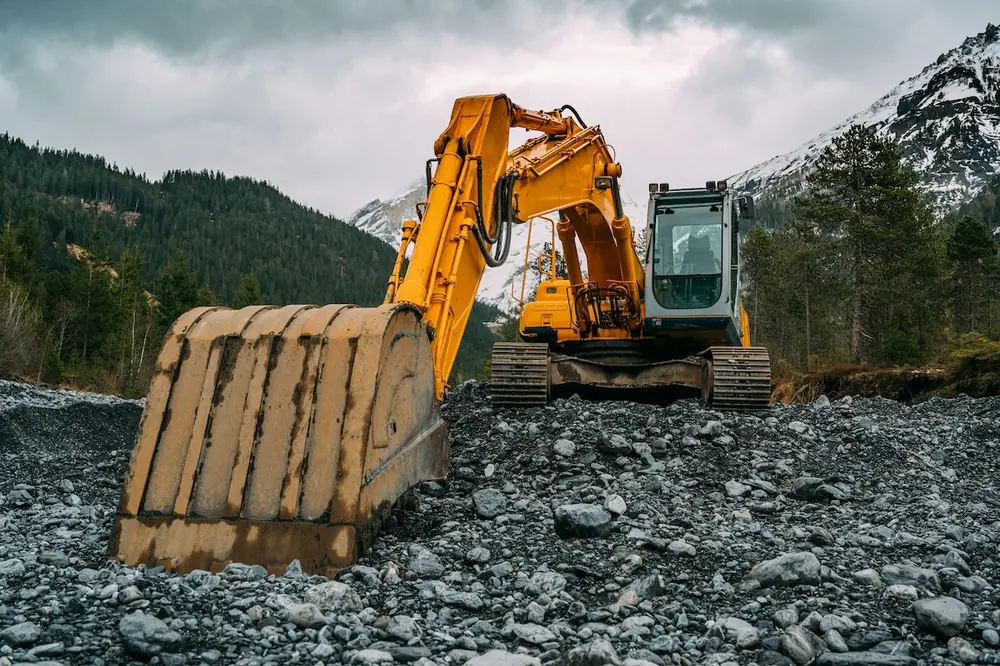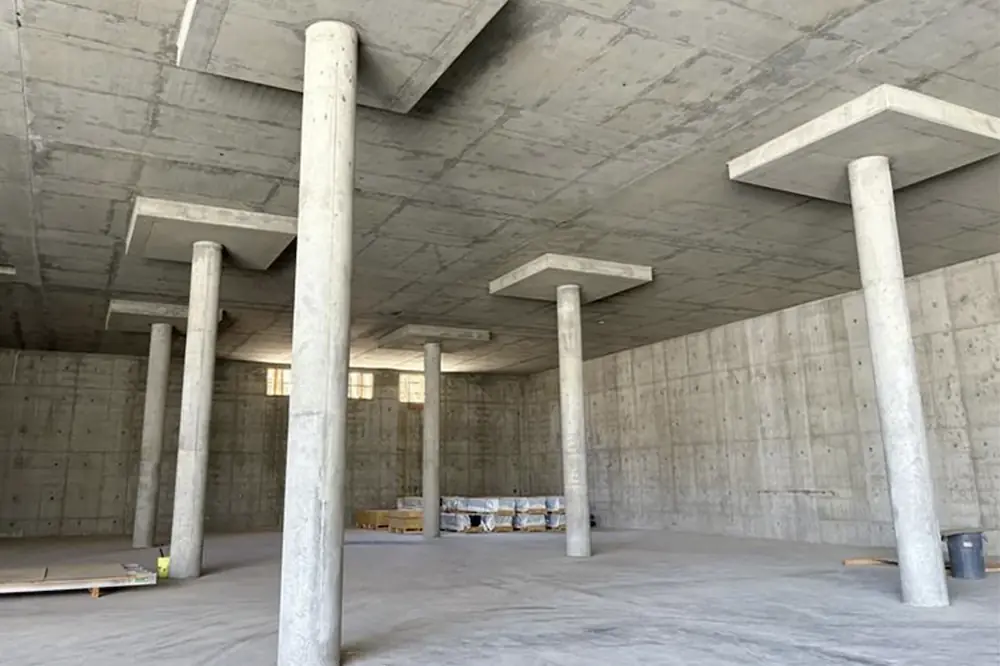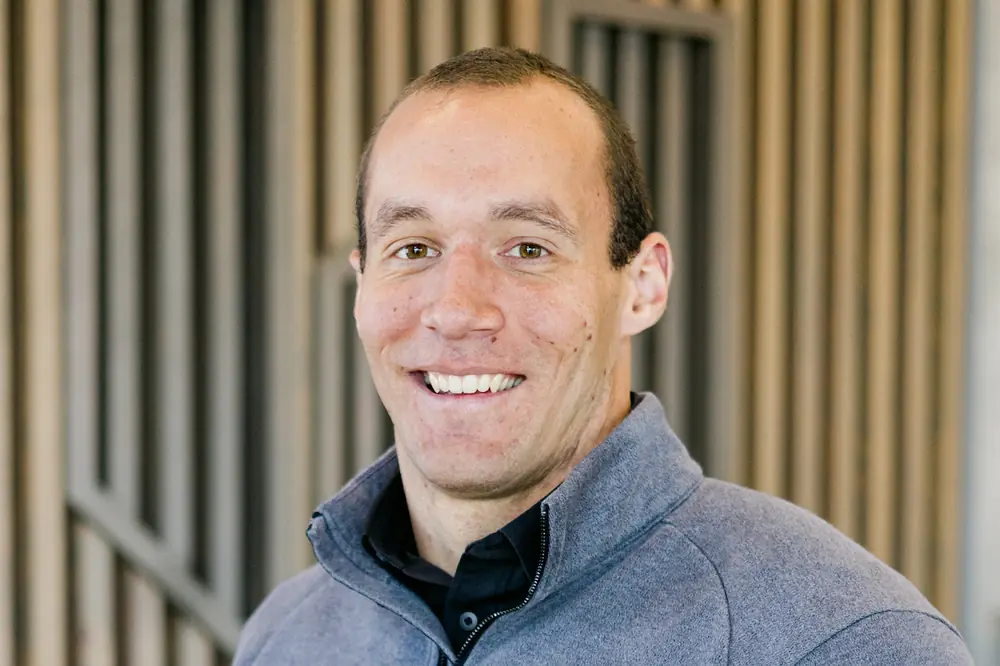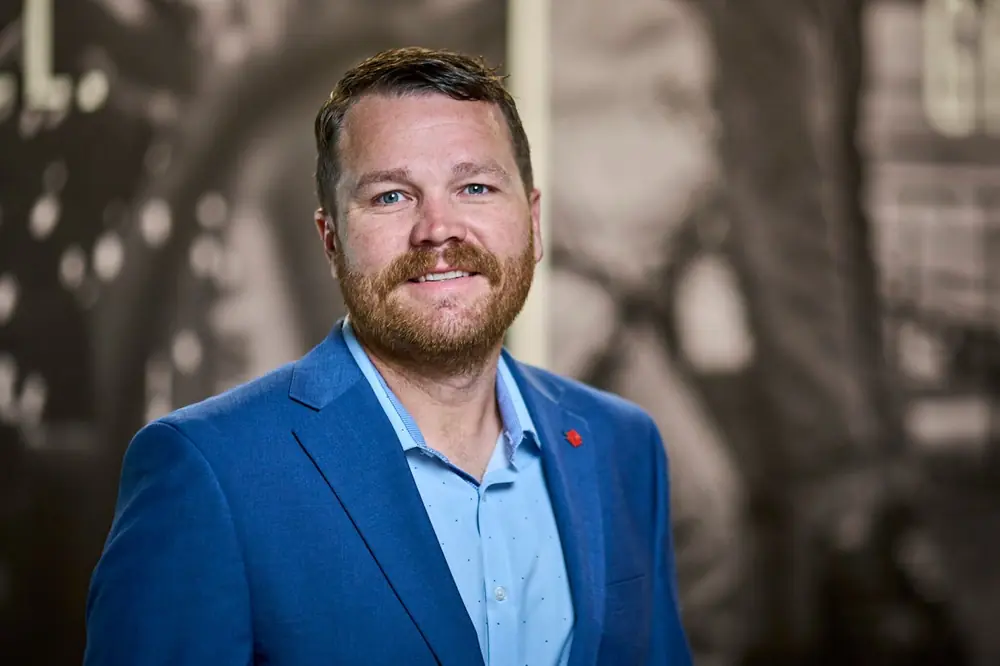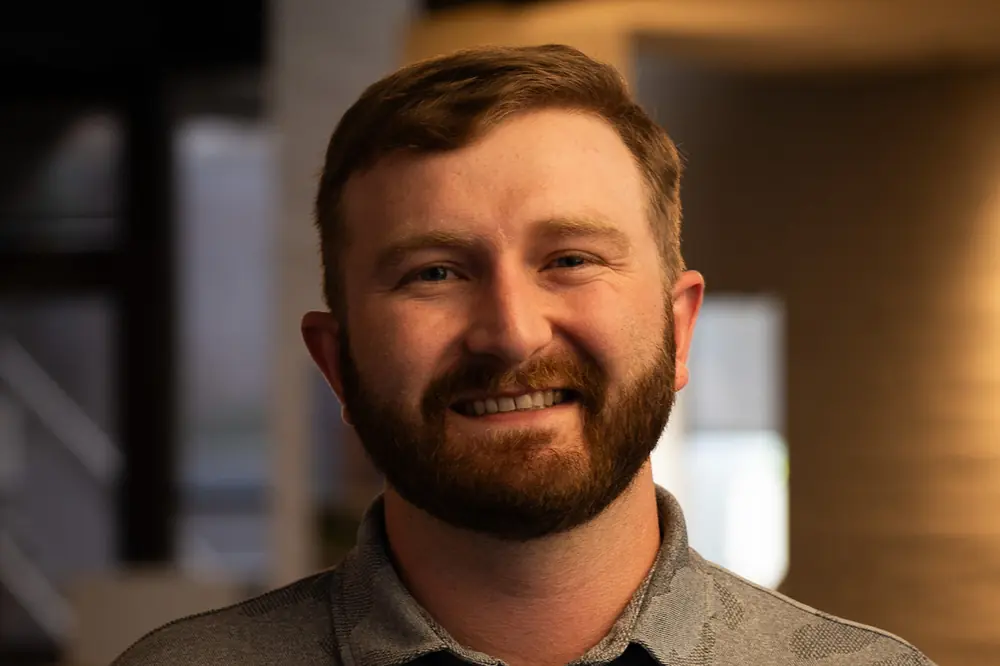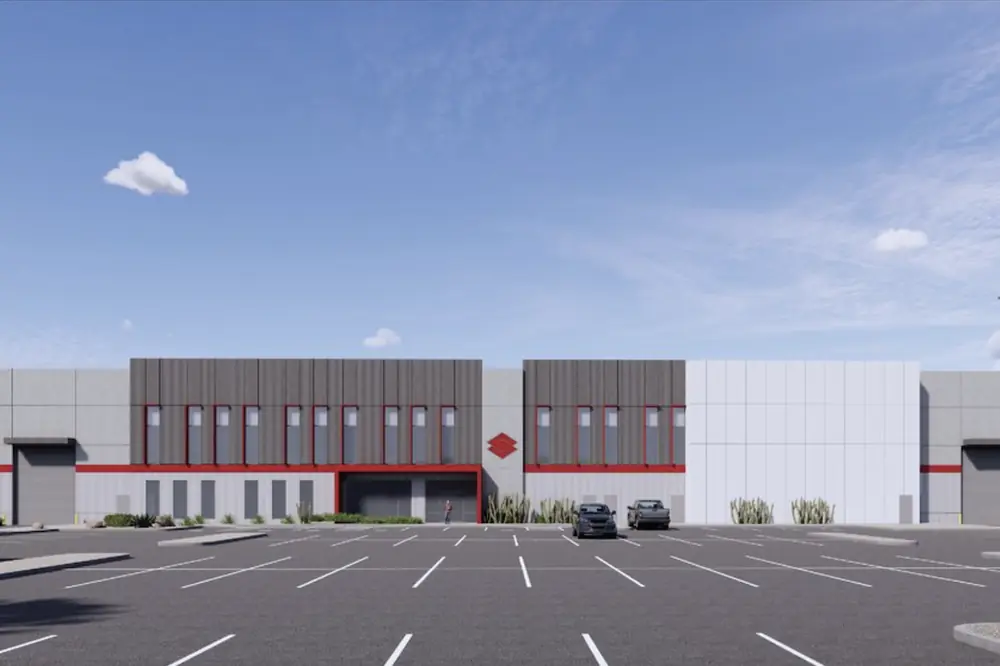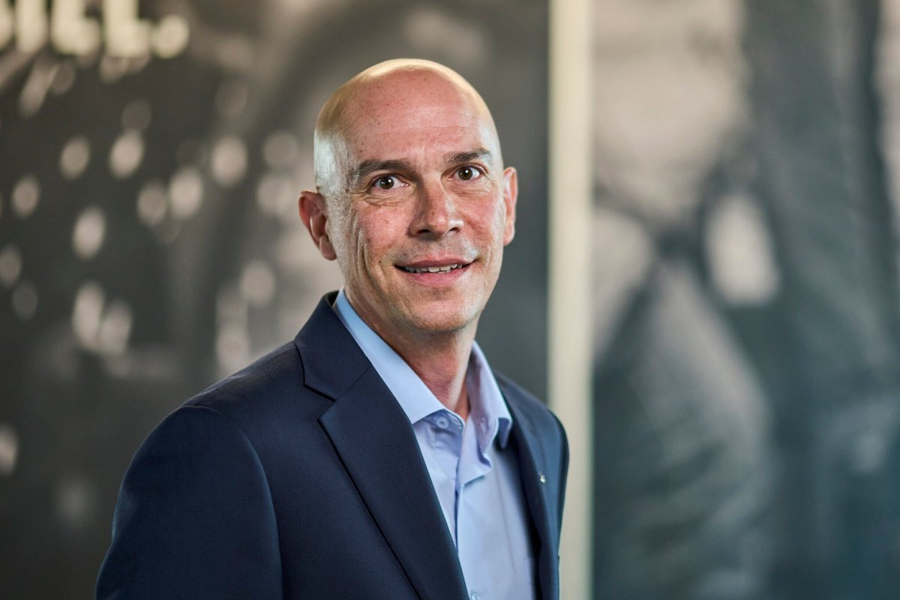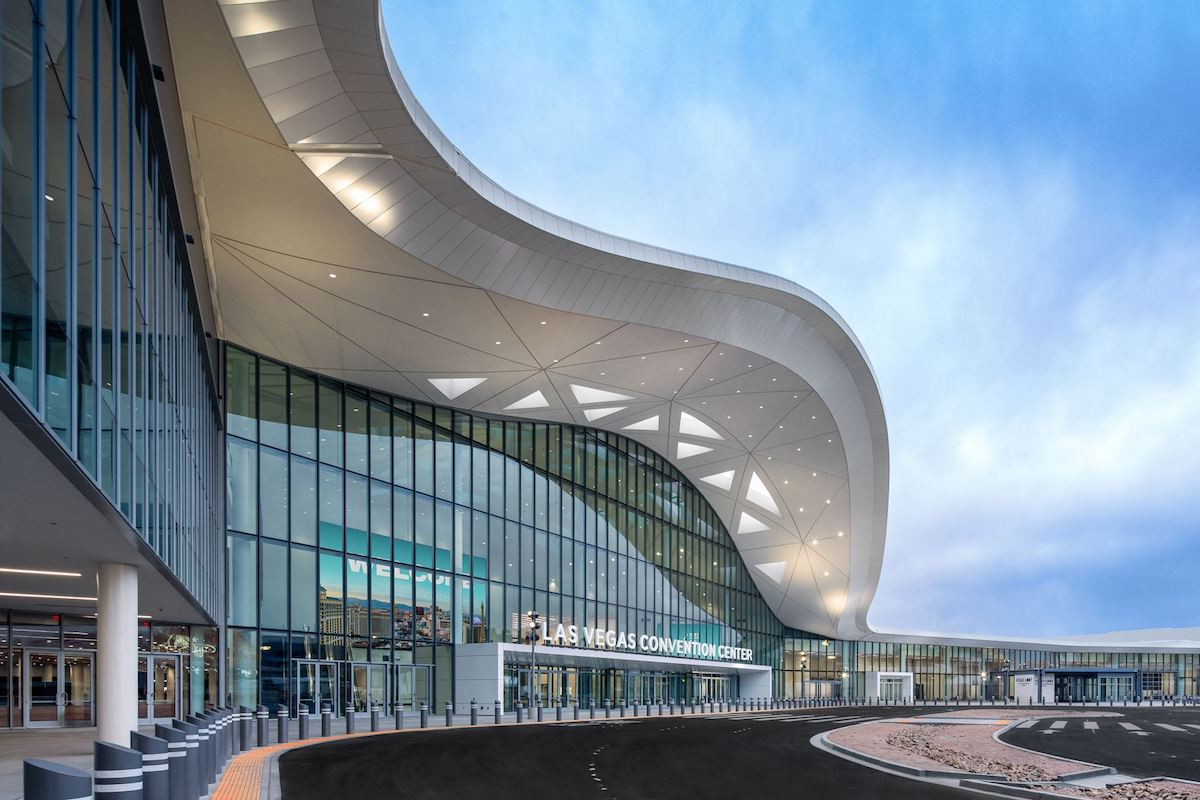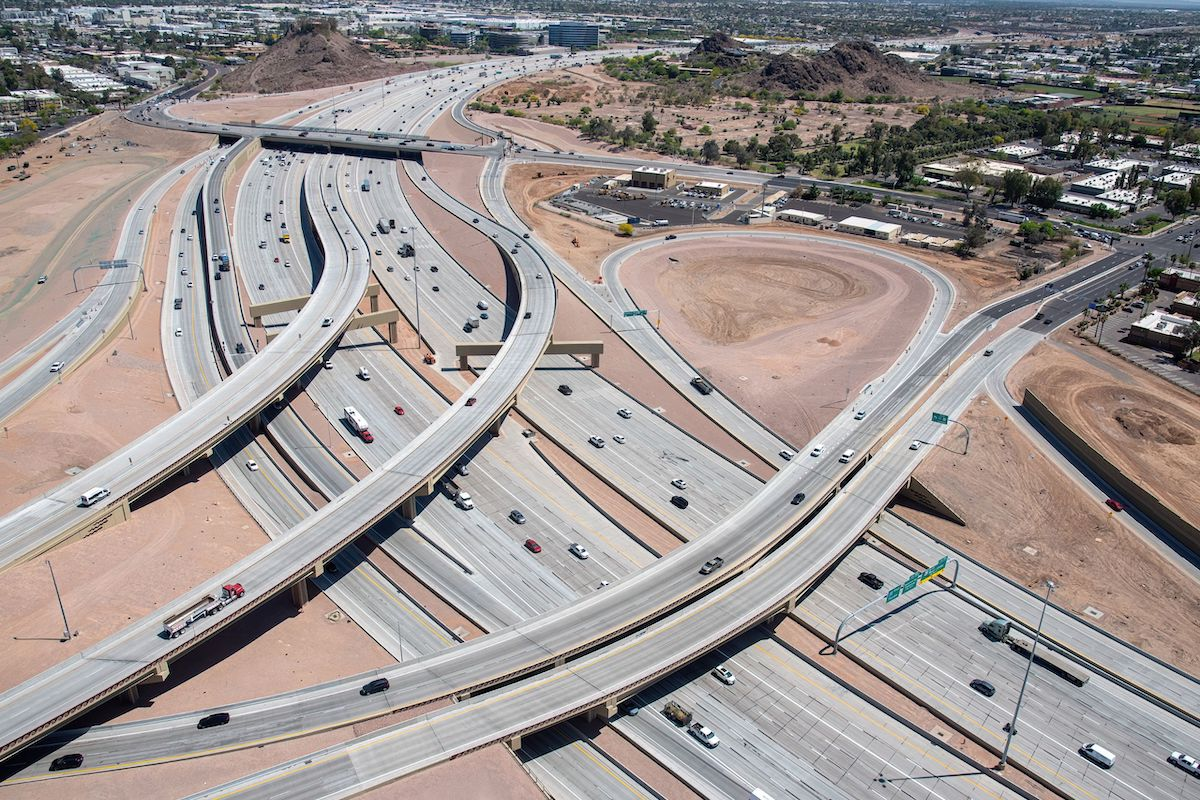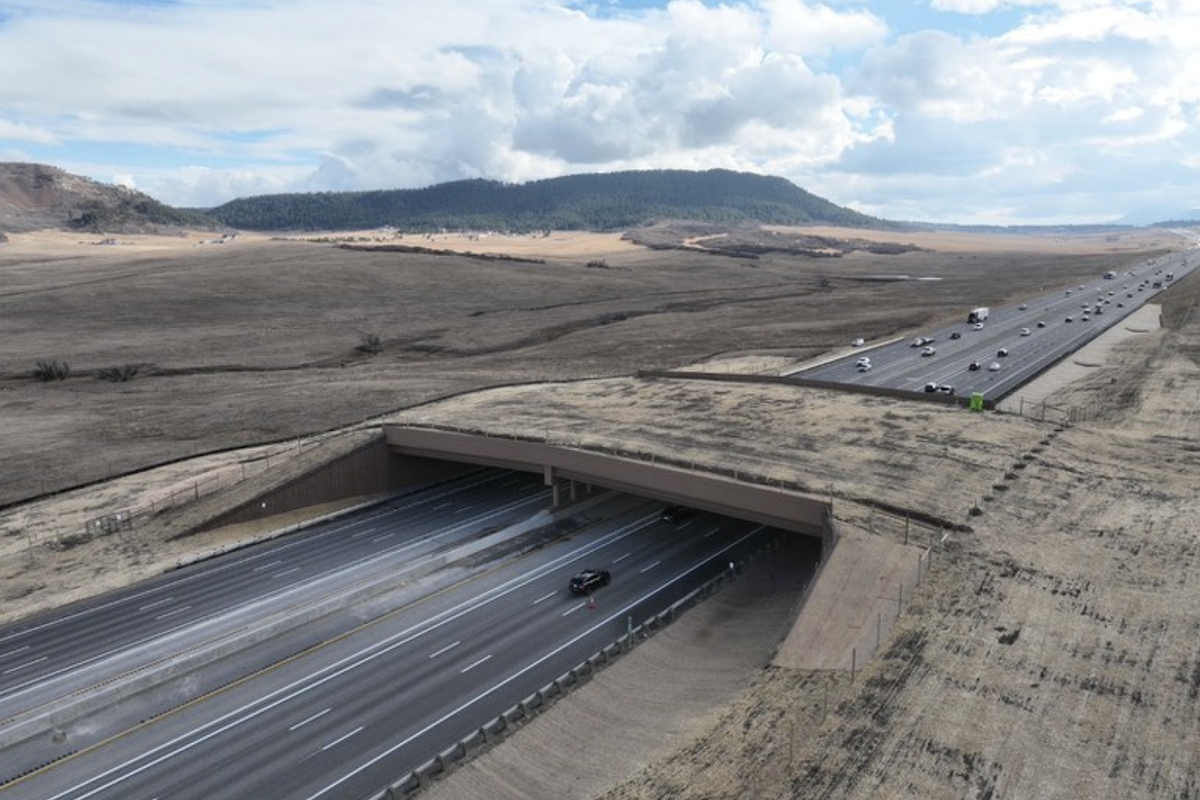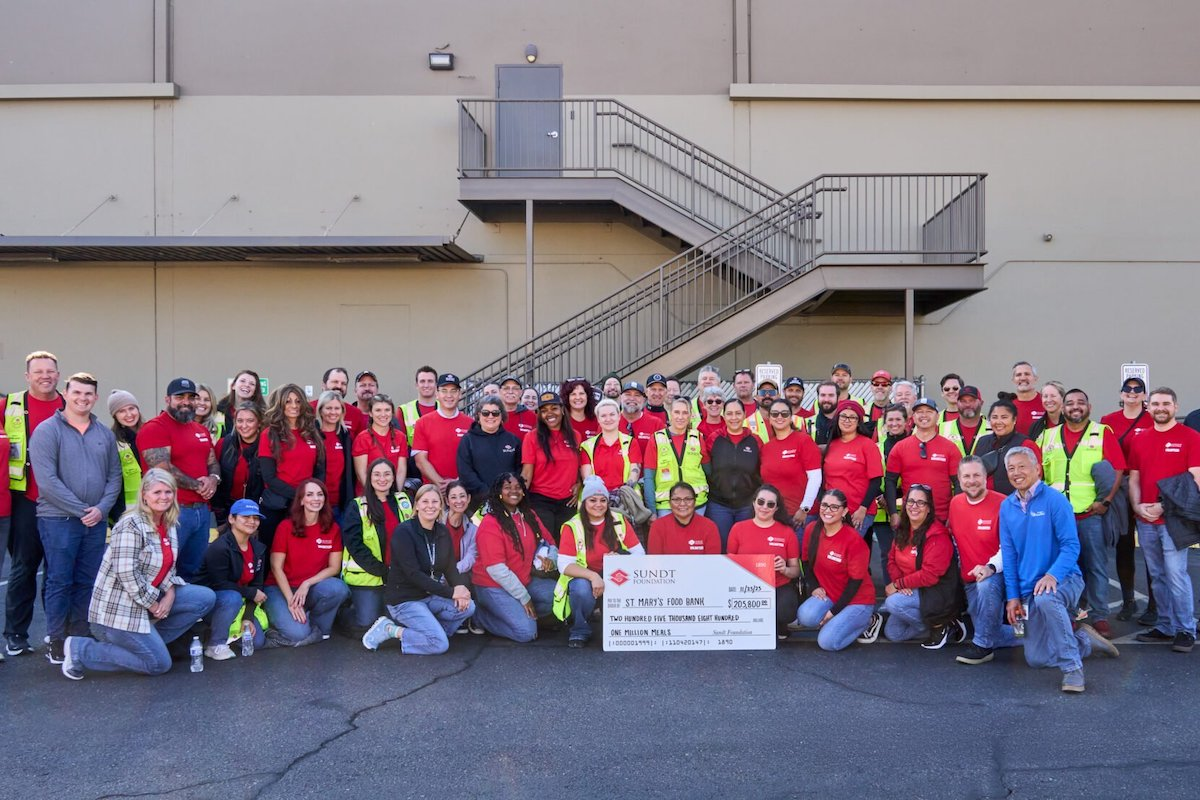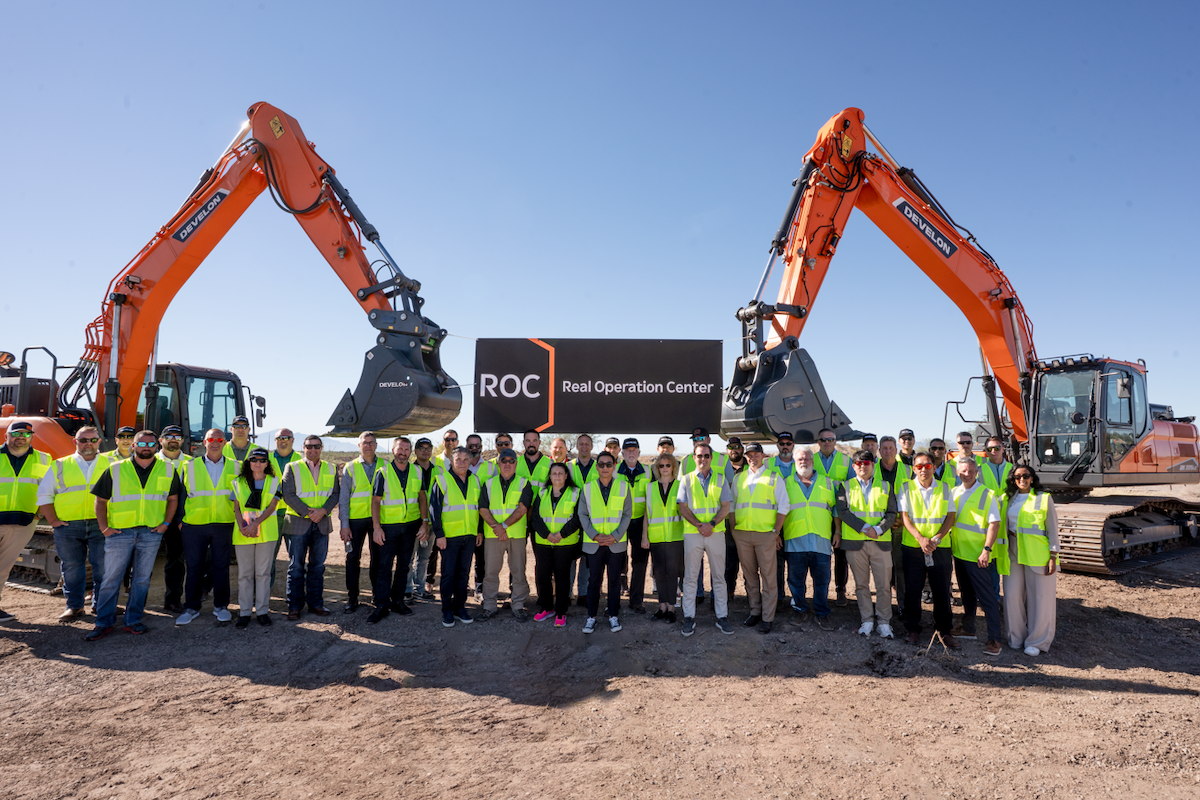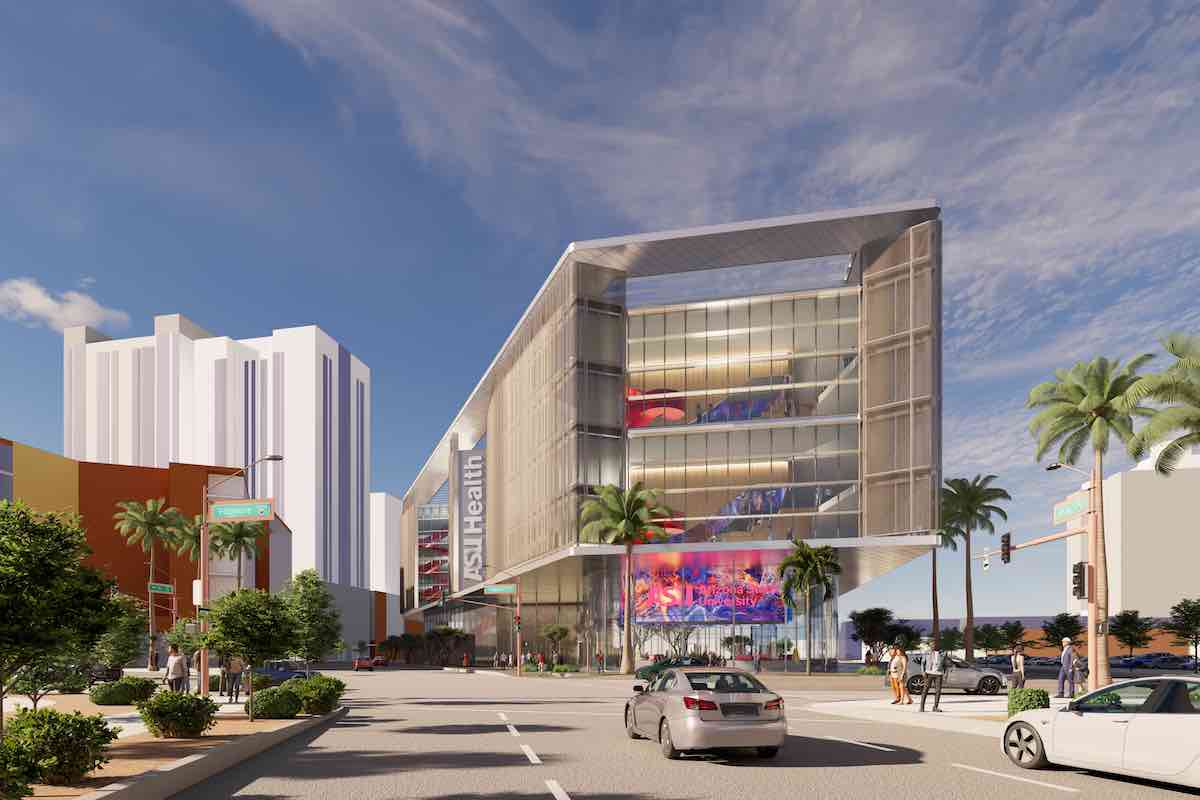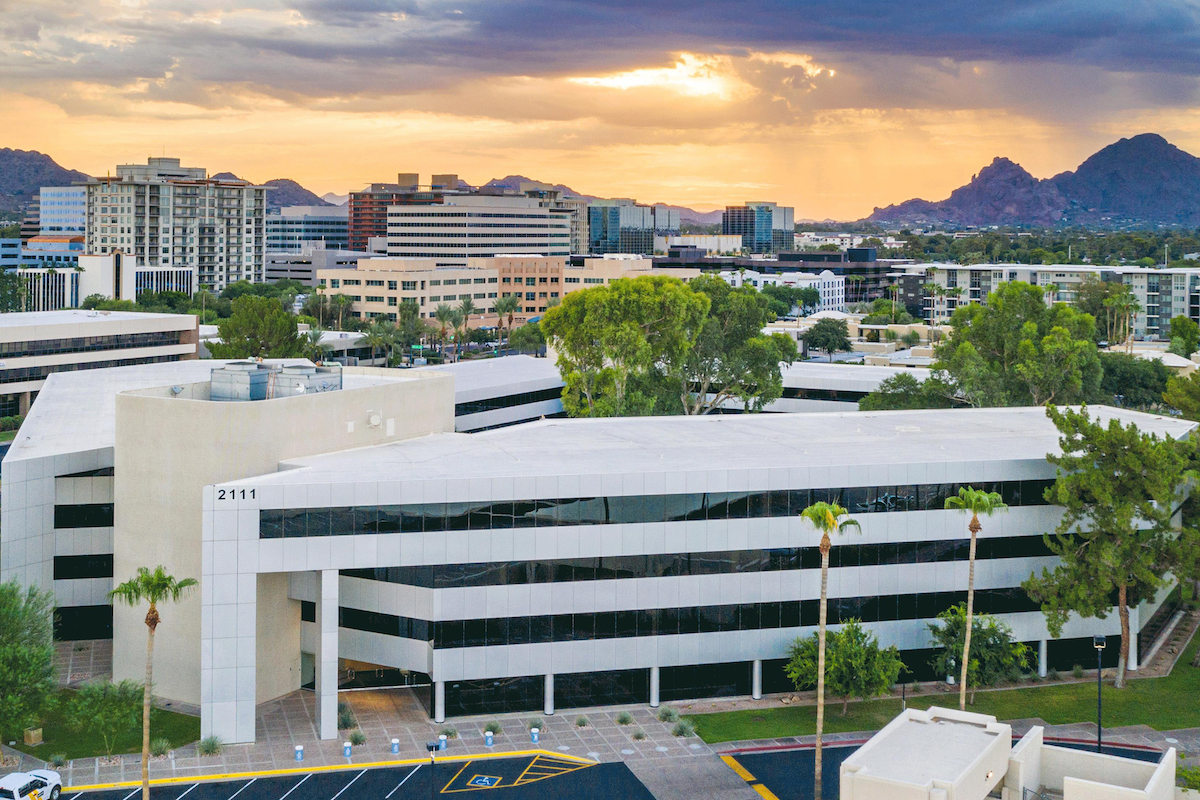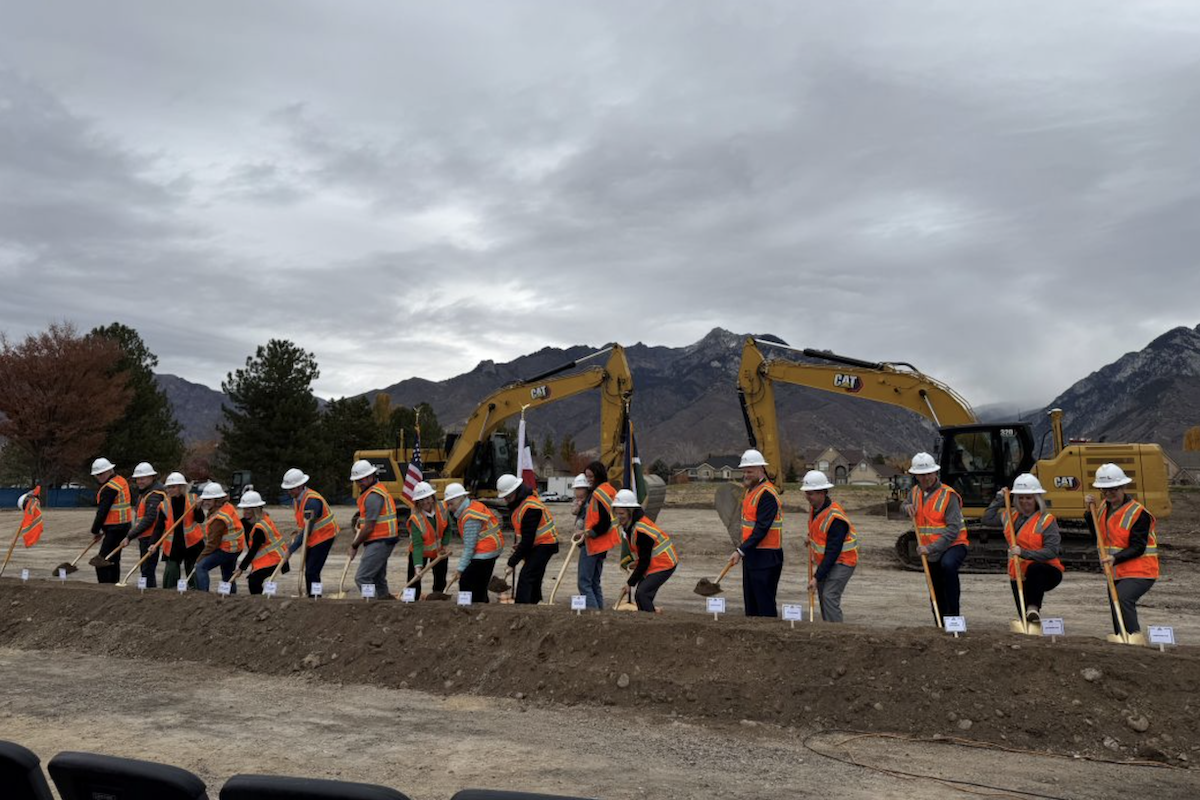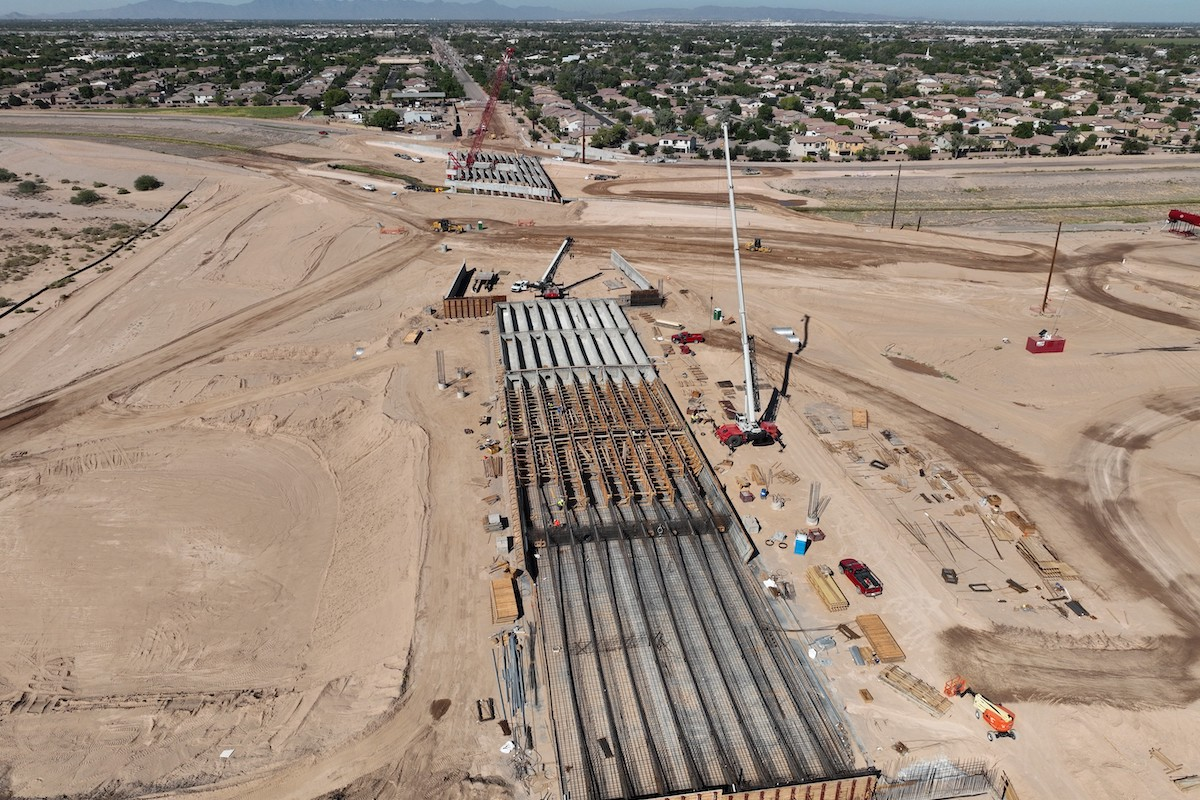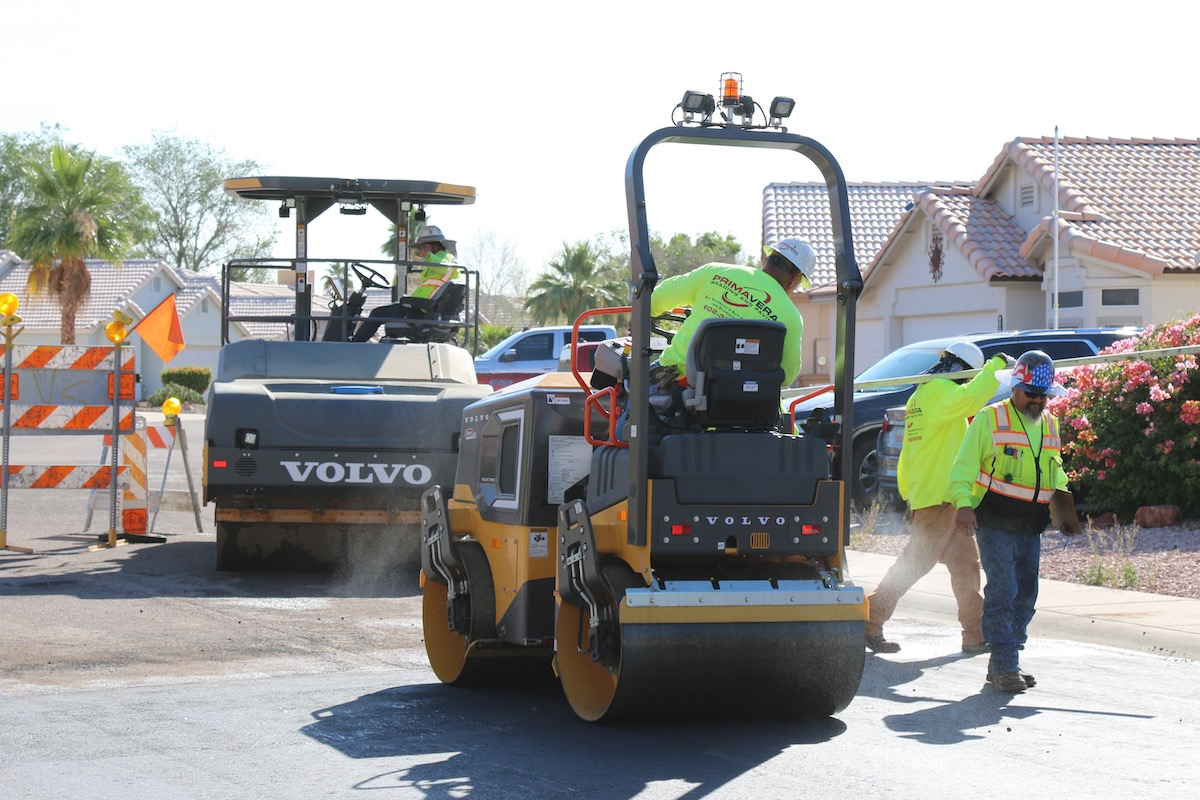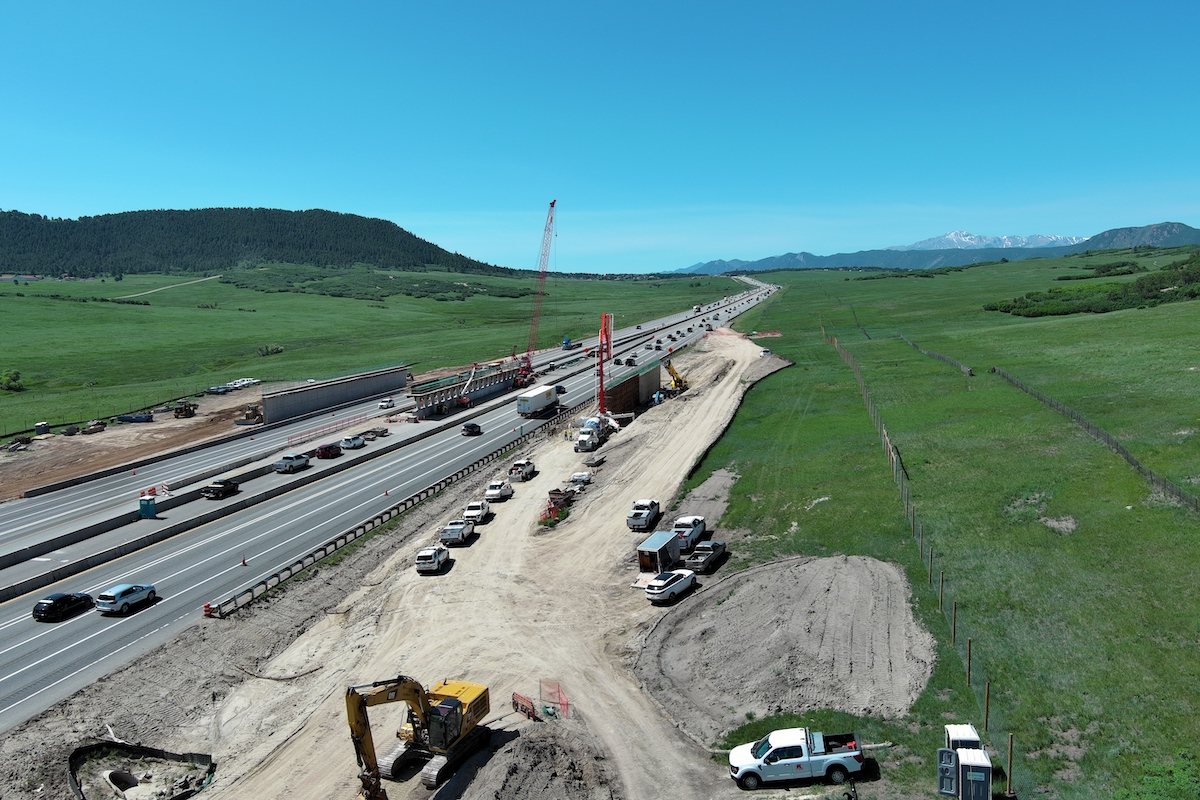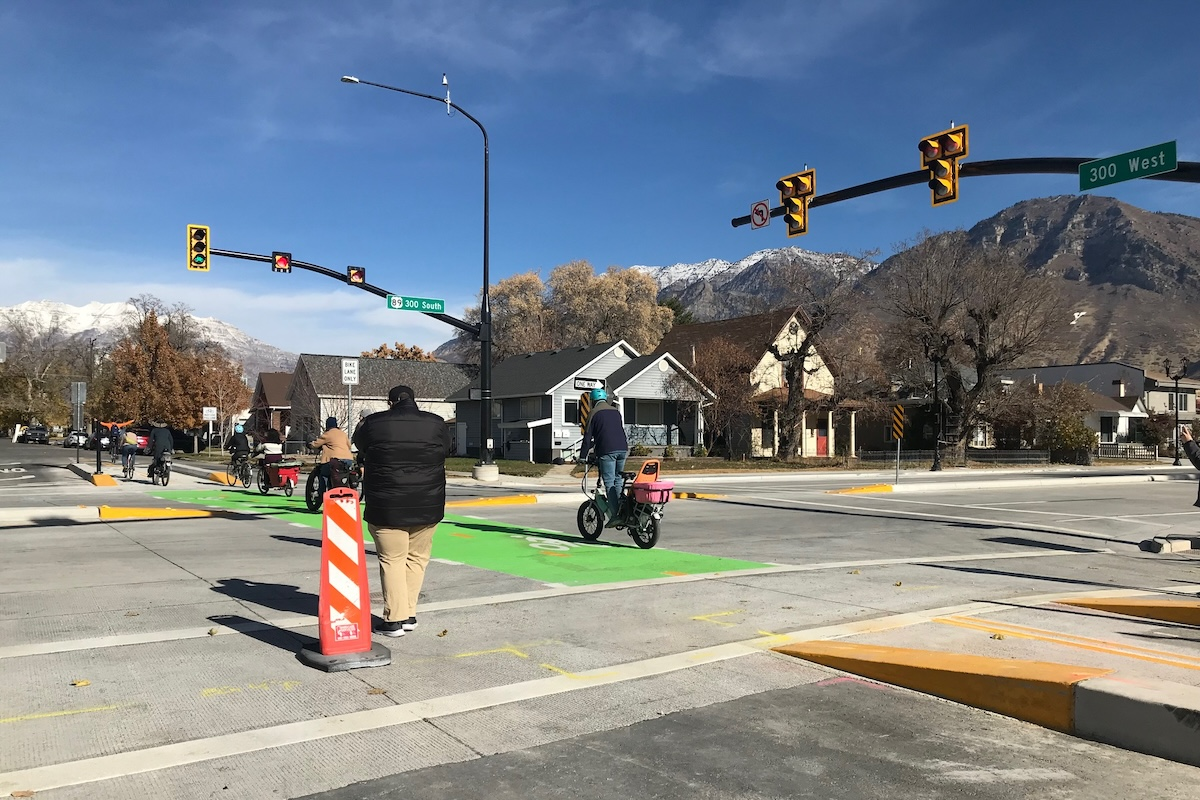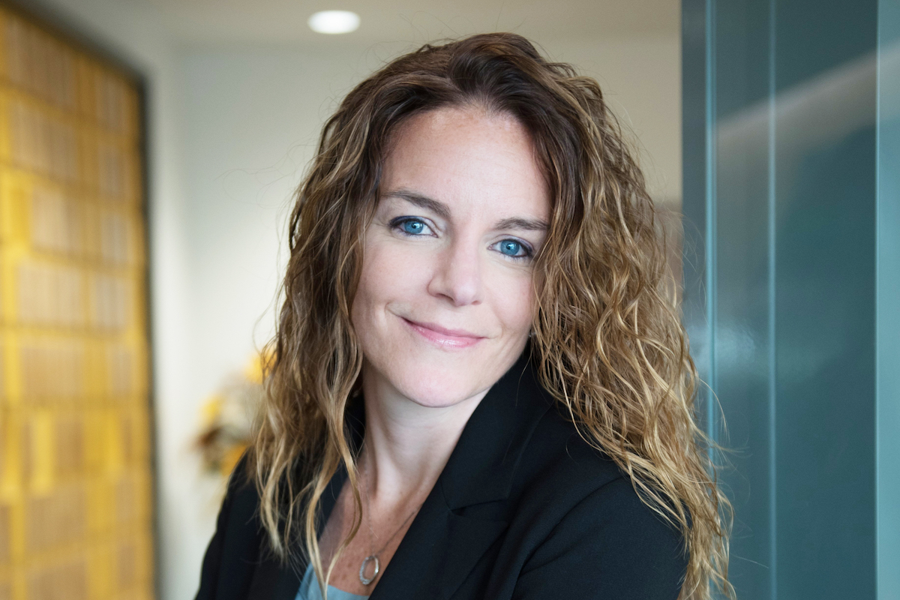The City of Westminster's Big Dry Creek Wastewater Treatment Facility (BDCWWTF) Dewatering project earned an Envision Bronze verification. The facility is designed for biochemical oxygen demand removal, nitrification and denitrification, and limited phosphorous removal. The project provides the city with new solids dewatering equipment and facilities, an improved central handling system, enhanced nutrient removal, biosolid beneficial use optimization at the city’s farm, operational optimization, and campus-wide improvements throughout and around the facility.
This project is the first Envision achievement for Westminster. By using Envision on this project, the city is affirming its commitment to sustainability and the use of Envision as an important tool to improve the sustainable performance of its infrastructure assets. The city worked closely with HDR on the project.
“Sustainability and safe, reliable service are top priorities for our residents and will be a continued focus of our strategic infrastructure investments,” said Max Kirschbaum, City of Westminster’s Public Works and Utilities Director.
The Envision framework assesses project sustainability across five categories: Quality of Life, Leadership, Resource Allocation, Natural World, and Climate and Resilience. These areas contribute to positive social, economic, and environmental impacts on a community during the planning, design, and construction of infrastructure projects.

| Your local Bobcat dealer |
|---|
| Ditch Witch West |
| Faris Machinery |
| Ditch Witch West |
| Faris Machinery |
Key factors contributing to the treatment facility's bronze verification:
If not for this project, it is anticipated that by 2035 an increase of biosolids produced at the facility would lead to significant composting expenditures, further burdening utility ratepayers. Instead, this project will lead to savings of $100,000 per year, ensuring ratepayers are not unduly burdened in the future.




